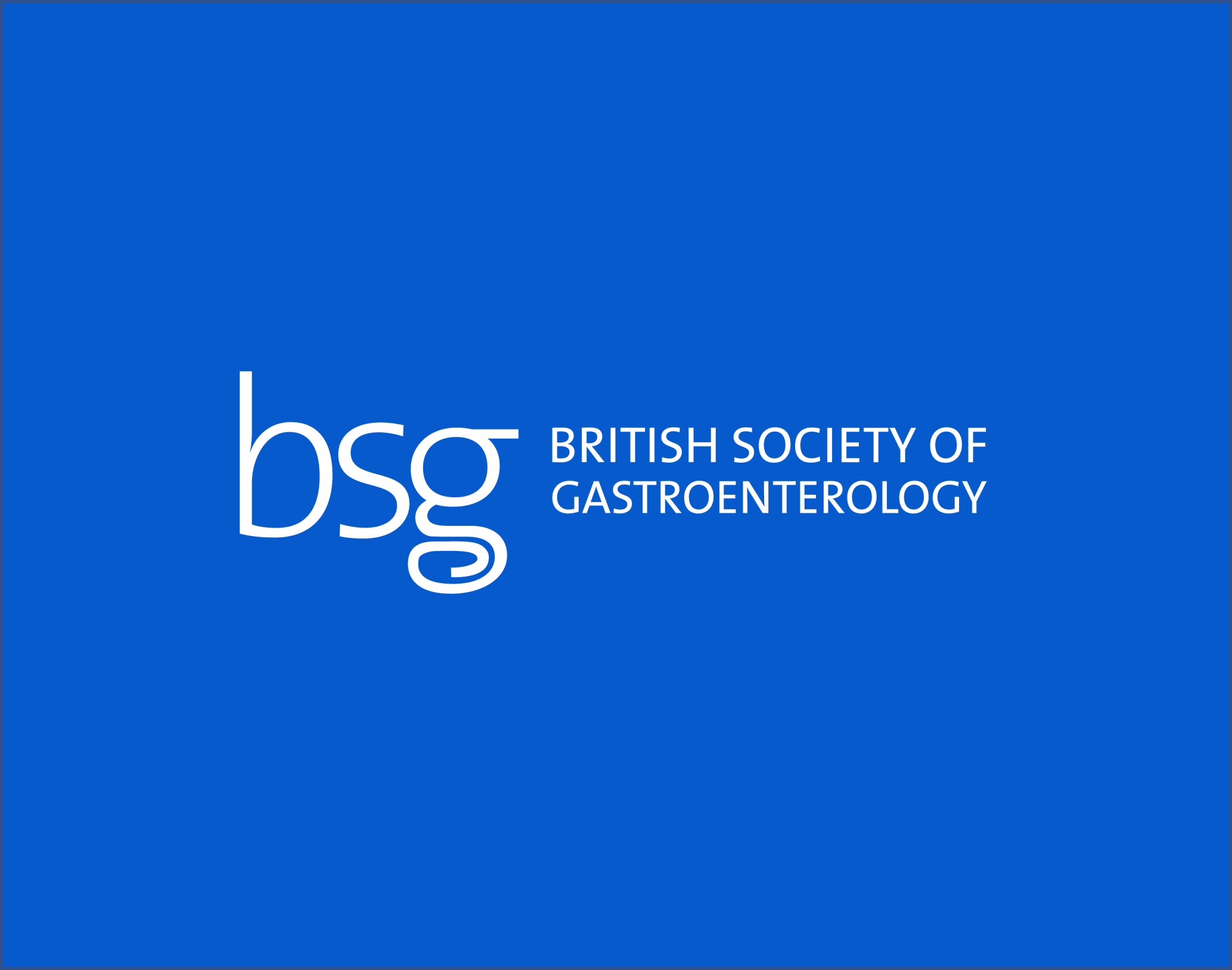
BSG Higher Committees
The higher committees of the BSG are focused on the charitable objectives of the BSG. From 2021, every Higher Committee Chair now has a deputy chair who will succeed them, to ensure a consistent handover of work. The post holder will spend two years as Deputy Chair, then two years as Committee Chair.
The Society primarily pursues its charitable objects by giving support to its members in their professional capacities. Its purpose is achieved through a series of work streams related to its charitable objects of research, education and training, clinical standards and membership support.
Latest Guidance

Clinical Resources
Position Statements
British Society of Gastroenterology and Association of Coloproctology of Great Britain and Ireland position on tranexamic acid in upper and lower gastrointestinal bleeding
/clinical-resource/Tranexamic-acid-in-upper-lower-GI-bleeding
Following a concern raised to NHS England’s National Patient Safety Team regarding tranexamic acid use in gastrointestinal bleeding, and in light of the 2020 publication of the HALT-IT trial results,

Guidance
BSG Nurses Association
Endoscopy
BSG, ACPGBI and AUGIS guidance on the scope of professional practice for clinical endoscopists
/clinical-resource/Guidance-on-practice-for-clinical-endoscopists
This document focuses on the scope of professional practice for clinical endoscopists (previously known as non- medical endoscopists/nurse endoscopists).
Latest Guidelines

Clinical Resources
Position Statements
British Society of Gastroenterology and Association of Coloproctology of Great Britain and Ireland position on tranexamic acid in upper and lower gastrointestinal bleeding
/clinical-resource/Tranexamic-acid-in-upper-lower-GI-bleeding
Following a concern raised to NHS England’s National Patient Safety Team regarding tranexamic acid use in gastrointestinal bleeding, and in light of the 2020 publication of the HALT-IT trial results,

Guidance
BSG Nurses Association
Endoscopy
BSG, ACPGBI and AUGIS guidance on the scope of professional practice for clinical endoscopists
/clinical-resource/Guidance-on-practice-for-clinical-endoscopists
This document focuses on the scope of professional practice for clinical endoscopists (previously known as non- medical endoscopists/nurse endoscopists).
Latest Guidelines

Clinical Resources
Position Statements
British Society of Gastroenterology and Association of Coloproctology of Great Britain and Ireland position on tranexamic acid in upper and lower gastrointestinal bleeding
/clinical-resource/Tranexamic-acid-in-upper-lower-GI-bleeding
Following a concern raised to NHS England’s National Patient Safety Team regarding tranexamic acid use in gastrointestinal bleeding, and in light of the 2020 publication of the HALT-IT trial results,

Guidance
BSG Nurses Association
Endoscopy
BSG, ACPGBI and AUGIS guidance on the scope of professional practice for clinical endoscopists
/clinical-resource/Guidance-on-practice-for-clinical-endoscopists
This document focuses on the scope of professional practice for clinical endoscopists (previously known as non- medical endoscopists/nurse endoscopists).

